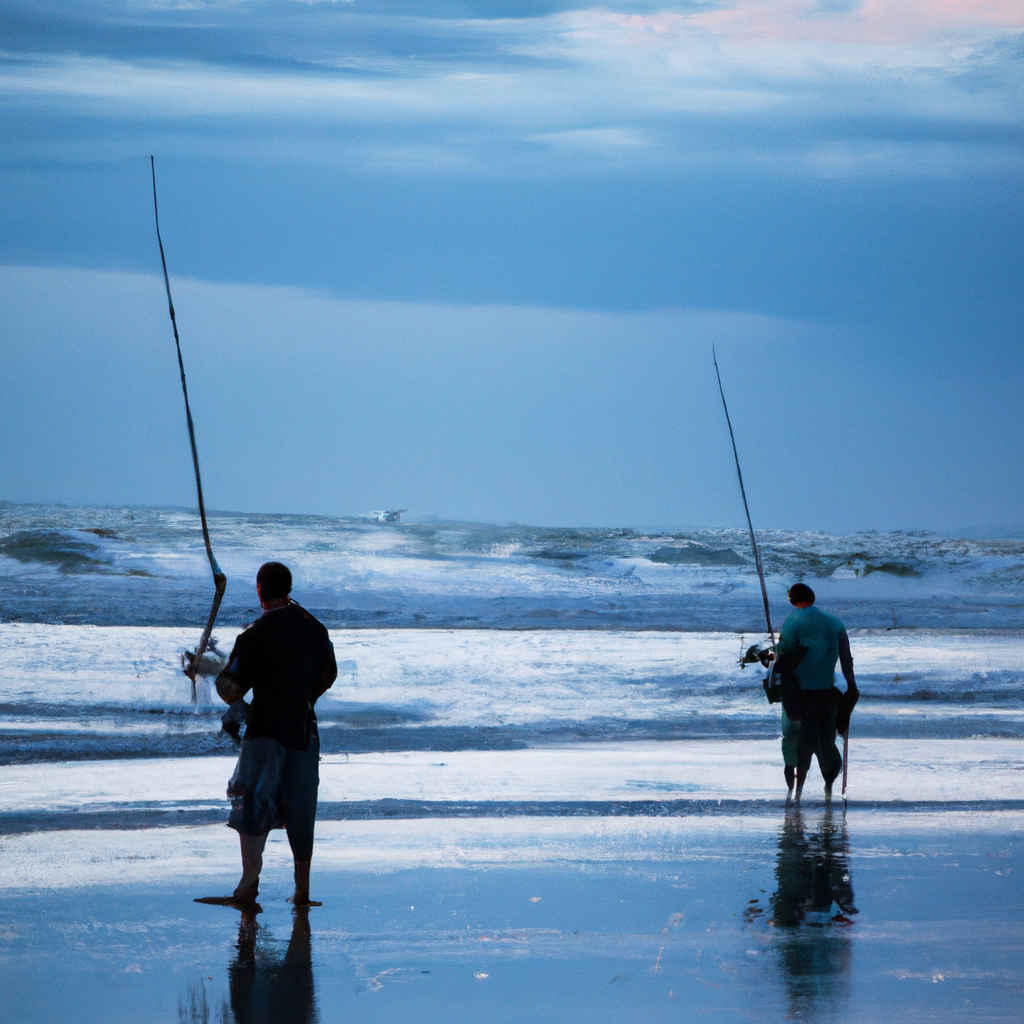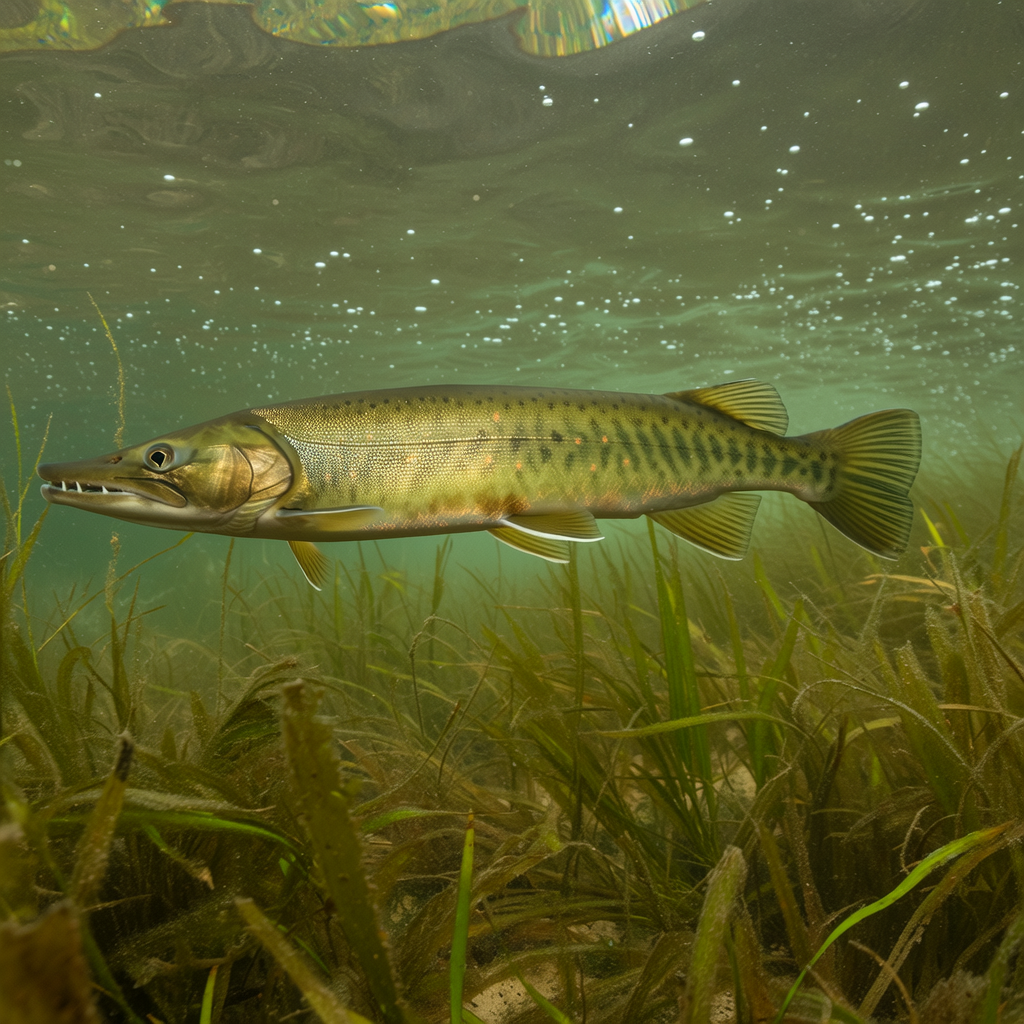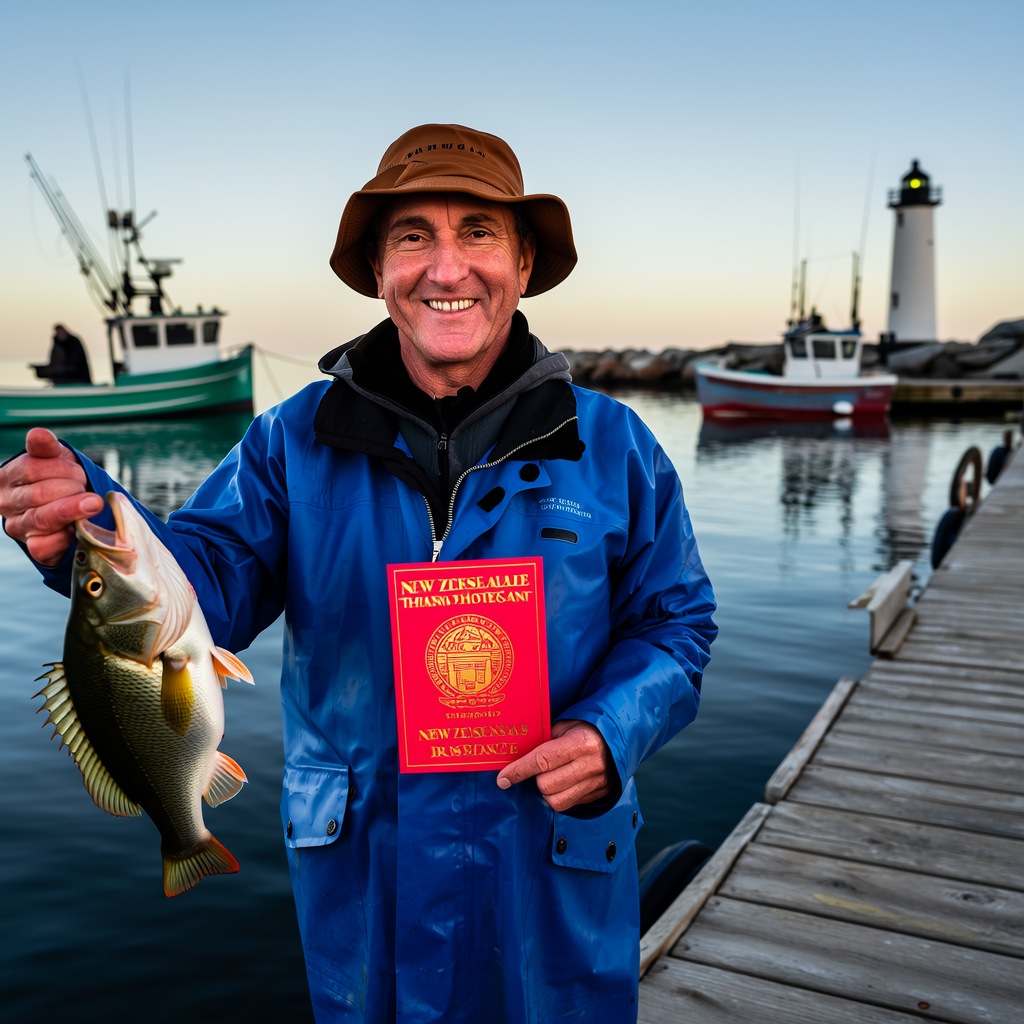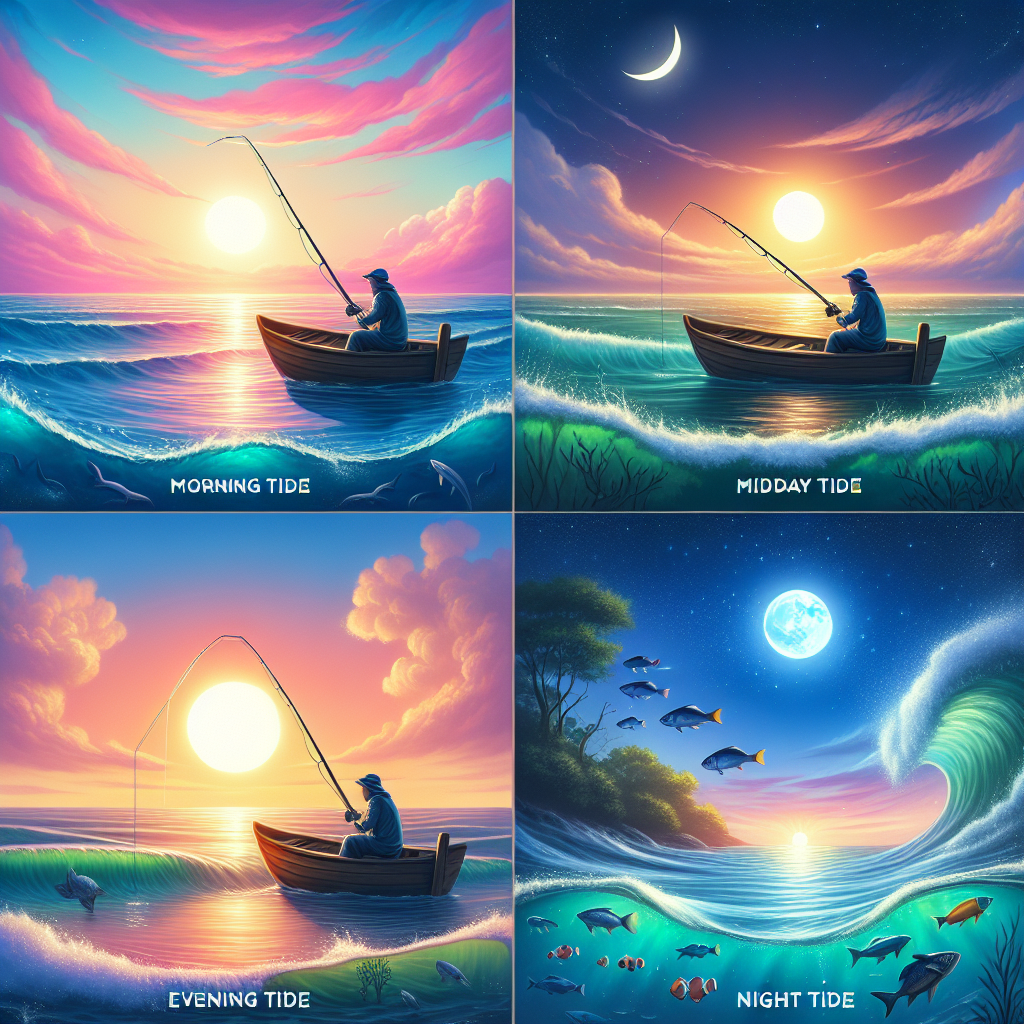Daytona Beach is located in Florida and is known for its beautiful beaches, thrilling motorsports, and exceptional fishing opportunities. Daytona Beach offers a wide variety of freshwater lakes, deep sea fishing charters and plentiful fishing spots.
When is the best time to fish?
Timing is everything when it comes to fishing at Daytona Beach. The best time for fishing depends on what type of fish you want to catch and your preferred fishing method. Fish are most active in the early morning and late afternoon. The fishing season in Daytona Beach is open all year round, so anglers can cast their line at any time.
Freshwater Fishing
Freshwater lakes and rivers around Daytona Beach are home to a variety of fish species. This makes it a paradise for freshwater fishermen. Lake Woodruff and Lake George are popular freshwater fishing locations in the area. These spots are known for their tranquility and abundance of fish, which attracts anglers from all over.
Saltwater Fishing
Daytona Beach offers a variety of options for those who enjoy saltwater fishing. Anglers can catch a variety of saltwater species in the pristine waters of the Atlantic Ocean. There is always something to bite in these waters, from redfish and snook, to tarpon and Kingfish.
Fishing Techniques
The right fishing techniques will increase your chances of success at Daytona Beach. It is important to adapt your fishing techniques based on the species you are targeting and the location.
1. Casting
Casting is a common technique used for both freshwater and seawater fishing. Casting involves using a rod to throw the line and bait in the water. This allows it to sink down to the desired depth. Anglers can use a variety retrieval methods, such as reeling slowly or using a flicking motion, to entice fish.
2. Trolling
Trolling is an effective technique for saltwater fishing. It’s especially useful when you want to catch larger species such as marlin and sailfish. Trolling involves dragging lures or bait behind a boat moving at different speeds. The bait mimics the natural swimming pattern of fish to attract predatory species.
3. Bottom Fishing
Bottom fishing is a popular activity in both freshwater as well as saltwater environments. Dropping the baited fishing hook to the bottom of the lake or ocean and waiting for fish to bite is what it involves. This technique is especially effective for species such as grouper, snapper and catfish.
4. Fly Fishing
Fly fishing is an angling technique aimed at freshwater species such as trout and bass. Fly fishing involves casting lightweight artificial flies with a flyrod. Fly fishing is a popular sport among anglers because it requires precision and skill.
Fish Species at Daytona Beach
Daytona Beach has a wide variety of fish species in both its freshwater and saltwater estuaries. There is a fish to suit every angler, from bass and catfish to shark and snapper. Take a look at the most popular fish species in Daytona Beach.
1. Largemouth Bass
Many freshwater anglers prize the largemouth bass in Daytona Beach. These aggressive predators are abundant in the local rivers and lakes, providing thrilling fishing experiences. When they are most active, the best time to catch largemouth bass is in the early morning or later afternoon.
2. Redfish
Redfish, or red drum, is a favorite of saltwater anglers at Daytona Beach. These powerful fish are well-known for their striking copper-colored scaling and fierce fighting nature. You can catch them using a variety methods, such as casting lures or live bait like mullet or shrimp.
3. Snook
The waters around Daytona Beach are home to a variety of saltwater species, including the snook. These sleek, elusive fish are well-known for their acrobatic leaps and powerful runs. Anglers target them by using live baits like pilchards and artificial lures that mimic the natural prey.
4. Tarpon
Tarpon are prized gamefish known for their size and strength. Daytona Beach has a reputation as a top destination for tarpon fisherman. The Halifax River and the nearby coastal waters offer excellent opportunities to hook these majestic creatures.
Fishing Regulations & Licenses
Before you embark on your fishing trip in Daytona Beach it is important that you familiarize yourself with local fishing regulations. You should also obtain the necessary licenses. These regulations protect fish populations and ensure sustainable practices for future generations.
Freshwater Fishing
You will need to have a valid Florida freshwater license if you plan to fish in the freshwater rivers and lakes around Daytona Beach. These licenses are available online or at local bait and tackle stores. It is important to read the specific regulations such as the size and bag limit, as these may vary depending on species of fish.
Saltwater Fishing
Residents and non-residents of Florida over 16 years old are required to have a Florida saltwater license. Saltwater fishing regulations can be more complicated than freshwater fishing. There are different bag limits and sizes for different species. For the most current information on saltwater regulations, consult the Florida Fish and Wildlife Conservation Commission.
Fishing Charters and Guides
Booking a fishing guide or charter can be a great investment if you’re new to fishing, or want to improve your experience. Fishing charters are available in Daytona Beach, with services ranging from half-day trips up to multi-day excursions. They cater to both novices and experienced anglers.
The Benefits of Fishing Charters
Booking a fishing trip offers several benefits, including the chance to work with experienced guides who are familiar with the best fishing spots. You can also use specialized equipment and enjoy the convenience of a fully equipped boat. Fishing charters are also a great way to educate anglers about local fish species, regulations and techniques. This will ensure a successful fishing trip.
Tips for choosing a fishing charter
Consider the following factors when choosing a fishing charter at Daytona Beach:
1. Reputation: Read testimonials and reviews from previous customers to gauge the charter’s customer satisfaction and reputation.
2. Experience: Choose charters that have experienced captains and guides with local fishing knowledge.
3. Services Offered: Determine if the charter offers the fishing experience that you desire, whether it is inshore or offshore, deep-sea or fly fishing.
4. Amenities: Ask if the charter includes amenities such as refreshments, fishing equipment, and cleaning services for caught fish.
Fishing Spots at Daytona Beach
Daytona Beach has a variety of fishing spots to suit anglers at all levels. There is a spot for everyone, whether you like saltwater or freshwater fishing, shore fishing, or deep sea adventures.
1. Tomoka State Park
Tomoka State Park is located just north of Daytona Beach and is a great place for freshwater fishers. Anglers can expect a variety of species to be caught in the park’s extensive system of creeks, rivers, and lagoons. These include largemouth bass, crappie, and bluegill.
2. Ponce Inlet Jetty
The Ponce Inlet Jetty is a great place for saltwater anglers to catch a variety of fish. This popular spot, located at the southernmost tip of Daytona Beach is known for its abundance of redfish, snooks, sheepsheads, and blackdrum.
3. Sunglow Pier
The Sunglow Pier, which stretches 1,000 feet out into the Atlantic Ocean, is a popular fishing spot. This pier is open 24 hours a days, 365 of the year. Anglers can catch a variety species, including tarpons, snappers, whitings, and pompano.
Tips for a Successful Fishery Trip
Consider these tips for a successful fishing trip in Daytona Beach now that you’re ready to go.
1. Research Your Target Species
Learn the habits, preferred baits, and feeding patterns for the fish species that you are targeting. This will help you choose the right tackle and bait to increase your chances of a catch.
2. Check the weather
Check the weather forecasts and tide charts before heading out to ensure that you are fishing in safe and favorable conditions. Fish behavior can be affected by bad weather, making fishing difficult or even dangerous.
3. Pack Essential Gear
Make a list of the essential fishing equipment, such as rods, reels and lines, as well artificial lures, hooks and sinkers. Don’t forget to pack sunscreen, insect repellent and a cooler to store your catch. Also, bring plenty of water, snacks and water to keep you hydrated.
4. Practice Catch and Release
Catch and release practices encourage sustainable fishing, and ensure that fish populations remain healthy. If you choose to keep fish, only take what you can eat and stay within the legal limits.
Conclusion
Daytona Beach is a fishing paradise, offering a variety of fishing opportunities, breathtaking natural beauty, and a rich fish population. Daytona Beach offers a wide variety of fishing opportunities, whether you prefer saltwater or freshwater fishing. You can also cast from the shore, or go on a fishing trip. Remember to follow local fishing regulations and obtain the required licenses. Also, practice responsible fishing in order to preserve these wonderful fishery resources.




